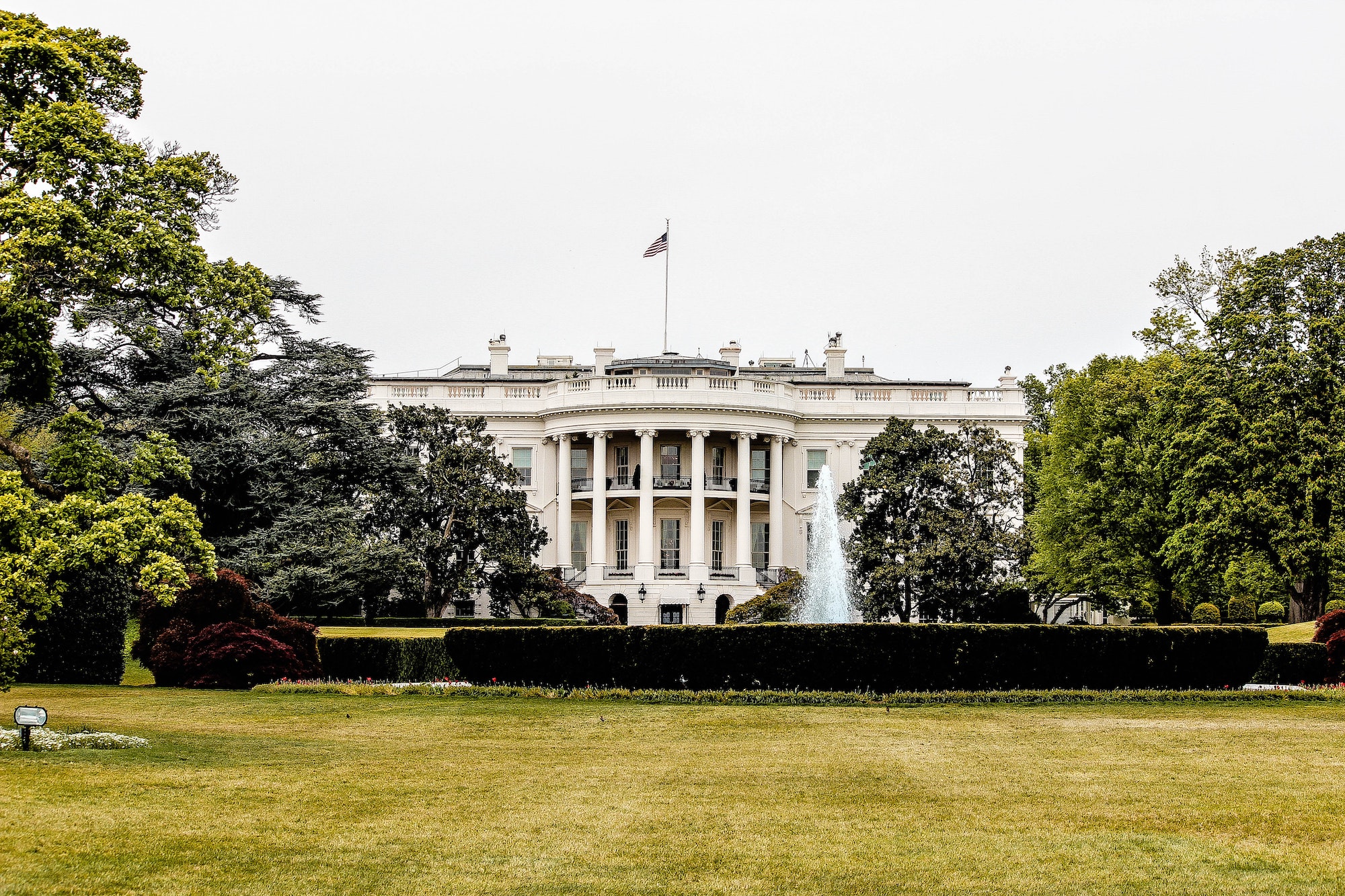Introduction: Sweeping Changes to Climate Policy
Joe Biden can be the green energy president. With promises to tackle the world’s climate change crisis at the top of his agenda, there is renewed hope for igniting renewable energy and climate change initiatives.
Under the Trump Administration, federal funding was slashed for climate change research and the US was withdrawn from the Paris Agreement, massively setting back the Energy Policy initiatives that were previously introduced under the Obama Administration. However, hope does appear to be on the horizon as President Biden looks to amplify energy commitments with his Plan for Clean Energy Revolution and Environmental Justice, which includes making a groundbreaking $400 billion investment over ten years in clean energy and innovation.
Transition to Net-Zero
Biden has called climate change “the existential threat to humanity” that we need to act fast on, and has already re-entered the US into the Paris Agreement on day one of his Administration. Additionally, Biden promises a “clean energy revolution” with intentions for the USA to reach carbon net-zero by 2050, phasing out fossil fuels in favor of focusing on a renewable energy future. In line with his net-zero plans, Biden has put strong focus on making the transition to zero-emission vehicles and to accelerate battery technology research, which means a further boost for the battery and energy storage markets.
This strong focus on electric vehicles echoes the Obama Administration, which effectively made companies such as Tesla what it is today. A year after Obama took office, the Department of Energy issued a $465 million loan to the electric vehicle (EV) maker to produce all-electric plug-in vehicles. Of course this massively paid off for Tesla, who are now more valuable than nearly every single auto manufacturer in the world combined. The Tesla investment story is the best-case example to date of federal energy investment.
Currently, 2 million EV’s are sold annually. It’s estimated that by 2040, 56 million EV’s will be sold per year, which is a 2800% increase. As a critical element in EV batteries, this means an exponential increase in the demand for lithium. However, the increase in demand warrants a consistent lithium supply, and it is simply not achievable to reach Biden’s green energy goals without improving the efficiency of current extraction processes.
Securing a Lithium Supply
Today, the US contributes less than 2% of world supply of lithium, even though it holds 17% of global lithium reserves. The US lithium production has historically been hampered by the relatively low concentration of lithium in US brines, and lack of new technology available to economically extract it, and so further exploration is needed to support the economic and national security agenda of the US.
South America holds over 60% of the world’s lithium supplies, with Salar de Uyuni in Bolivia sitting on the largest known reserves in the world. However, Bolivia has previously struggled to capitalize on securing access and production, largely due to the ever-changing geopolitical landscape. But this looks set to change under President Luis Arce’s leadership, who recognizes that the nation’s resource is a strong economic power for them and is already said to be seeking foreign investment and partners to help unlock their abundant reserves. According to Bolivian politics expert Dr. Diego von Vacano, “this is a once-in-a-lifetime opportunity to develop Bolivia’s lithium sector by partnering with foreign firms that will respect Bolivian laws. It is a win-win scenario that will lift all boats and address global climate change. Better relations between the administrations of Bolivia and the US will be crucial.”
In contrast to the Trump Administration, we can be confident that Biden will take a different approach to foreign relations. For mutual benefit, he should form stronger partnerships globally, including with Latin American leaders. It is already clear that the Biden Administration is much more closely aligned on many issues in the South American region, with President Luis Arce being among the world leaders to publicly congratulate Biden on his Presidential victory, and Biden sending a delegation to Arce’s inauguration.
Conclusion: Bolivia is Key to Biden’s Sustainability Plans
President Arce has said that Bolivia needs a “strategic partner” in order for them to exploit their predominantly untapped lithium reserves, which if done successfully could bring in $2 billion, boosting their economy on an unprecedented scale. President Arce appears to be open to re-establishing relations with the US and this alignment could be a massive opportunity for both nations in the efforts to mitigate climate change and boost the economy. It is therefore of paramount importance that the Biden Administration strengthen ties and engagement with South America for the benefit of securing future supplies of lithium.

